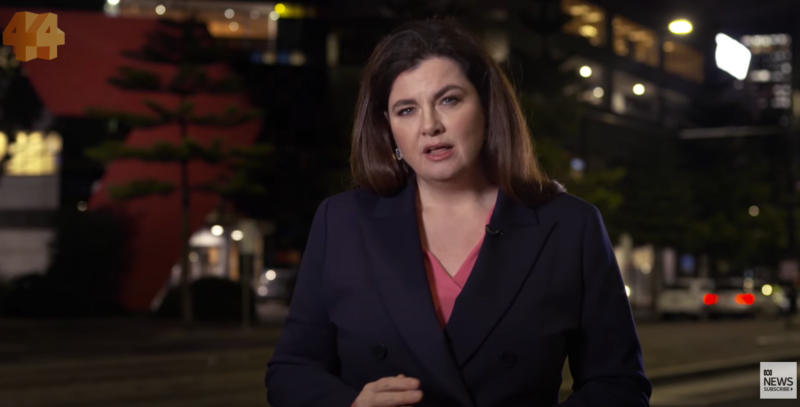‘We are aware of many more situations’: We talk to ABC’s Louise Milligan after Four Corners’ Seven investigation
ABC’s Four Corners launched its 2024 season with an investigation into Channel Seven’s workplace culture on Monday night, in which complaints of workplace bullying, sexual harassment, and whistleblowers not being listened to, were laid bare.
“People are frightened about speaking out because they say they’ve seen the way others have been crushed,” reporter Louise Milligan said on the broadcast, noting the climate of fear present in the 200-plus former and current Seven journalist she spoke to when pulling the story together.
Milligan spoke to Mumbrella this morning about the investigation, the reaction, and what happens next.



More people should be talking about this story. Seven isn’t the only sh*t show, every single person needs to call it out whenever and wherever they see it.
[Edited]
I lasted 6 months there, which was 6 months too long. My bully was my boss. She started spreading false stories about me to discredit my work as departments that I worked across were loving my work. She then got jealous of all the work friends I was making, so she booked in a daily catchups at 12.30pm-1.30pm every day knowing it would impact any lunch plans I’d made. The clincher was when she threw me under the bus for a major fxxk up she did, and wouldn’t let me clear my name. When I resigned I had an exit interview only to find I was one of eight to have left this role in the past twelve months. Was anything done? No. Did she work there for many years afterwards? Yes. I am so glad this is finally coming to light now. Thanks Louise!
Who is paying your private legal bills Louise. Pot kettle…..
Sandra Sully would be a female News Director
Louise great job! Could do with local government investigations, especially rural towns. The cover ups and lies are shocking and they are playing with tax payers money.
What are you trying to say John McIntyre? And how does it affect Louise’s story, which is supported by heaps of women? Or are you a 7 minion trying to deflect?